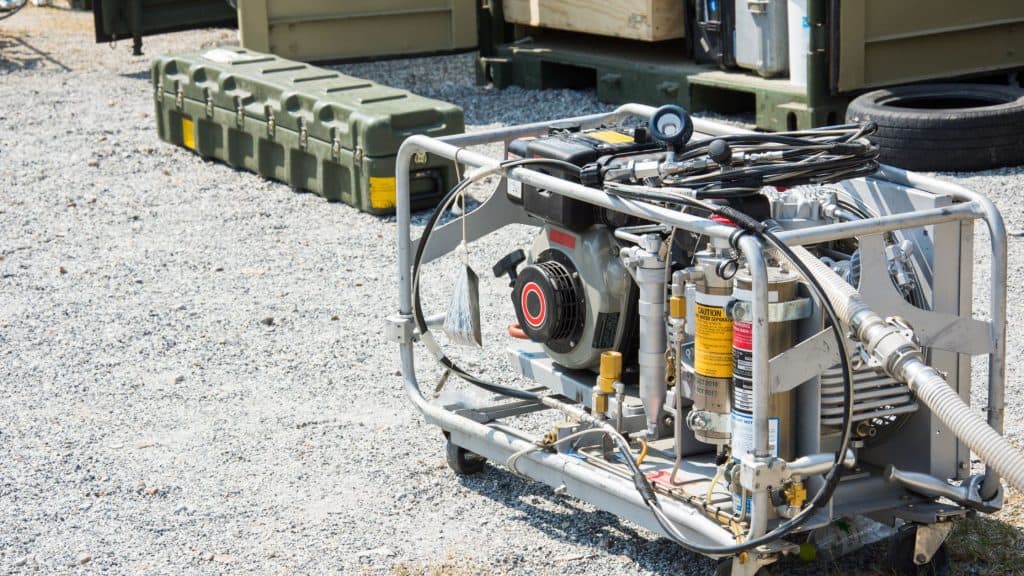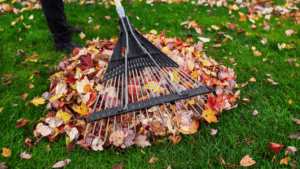In today’s fast-paced world, a reliable power supply is essential for both residential and commercial settings. However, power outages can occur unexpectedly, disrupting our daily routines and causing inconvenience. This is where generators come to the rescue. A generator is a valuable investment that can provide backup power during emergencies or serve as a primary power source in off-grid locations. In this blog post, we will provide you with a comprehensive generator buying guide to help you make an informed decision when purchasing a generator.
Determine Your Power Requirements:
Before buying a generator, it is crucial to assess your power needs. Calculate the total wattage required to run the essential appliances and equipment you want to power during an outage. Make a list of the devices, their power ratings (in watts), and add up the total wattage. This will give you an idea of the generator capacity you need. It’s important to choose a generator with sufficient power to handle your requirements without overloading it.
Types of Generators:
There are various types of generators available in the market. The two most common types are portable generators and standby generators. Portable generators are versatile, easy to move, and suitable for temporary use. They typically run on gasoline, propane, or diesel fuel. Standby generators, on the other hand, are permanently installed and connected to your home’s electrical system. They automatically switch on when the power goes out and offer higher power capacities. Standby generators are often powered by natural gas or propane and require professional installation.
Fuel Source:
Generators can be powered by different fuel sources, each with its advantages and considerations. Gasoline generators are widely available and offer high portability, but they require proper fuel storage and have shorter runtimes. Propane generators provide cleaner-burning fuel, longer shelf life, and quieter operation but may require a separate propane tank. Diesel generators are known for their fuel efficiency and durability, making them suitable for extended use.
Generator Size and Capacity:
The size and capacity of the generator depend on your power requirements. Generators are rated in watts and come in a range of sizes. Smaller portable generators typically provide 1,000 to 4,000 watts, suitable for running a few essential appliances. Medium-sized generators offer 5,000 to 8,500 watts, capable of powering additional appliances. If you need to run heavy machinery or an entire house, larger generators with capacities exceeding 10,000 watts are available.
Noise Level:
Generator noise can be a concern, especially if you plan to use it in residential areas or during camping trips. Some generators are designed with noise reduction technology to operate quietly. Check the decibel (dB) rating of the generator before purchasing. Quieter generators are generally more expensive but offer a more pleasant experience, particularly for prolonged use.
Safety Features:
When buying a generator, prioritize safety features that protect both you and the equipment. Look for generators with features like automatic voltage regulation (AVR) to prevent power surges, low-oil shutdown to protect the engine, and circuit breaker protection to prevent overloads. Additionally, generators with a built-in fuel gauge, hour meter, and electric start feature can offer convenience and ease of use.
Consider Portability and Mobility:
If you plan to use the generator in different locations or during outdoor activities, consider its portability. Look for generators with sturdy wheels and handles for easy transportation. Compact and lightweight models are more convenient for camping trips or tailgating events. Portable generators should also have a user-friendly control panel for easy operation.
Investing in a generator is a wise decision to ensure a reliable power supply during outages or in off-grid situations.



